Whether you’re looking for holiday book recommendations or just some reading material to get your 2017 off to a strong start, you’re in luck. Logistics is a tricky business, but some of the best business minds out there are working to make it easier and more powerful. On the side, they’re writing down all their tips, tricks, and lessons.
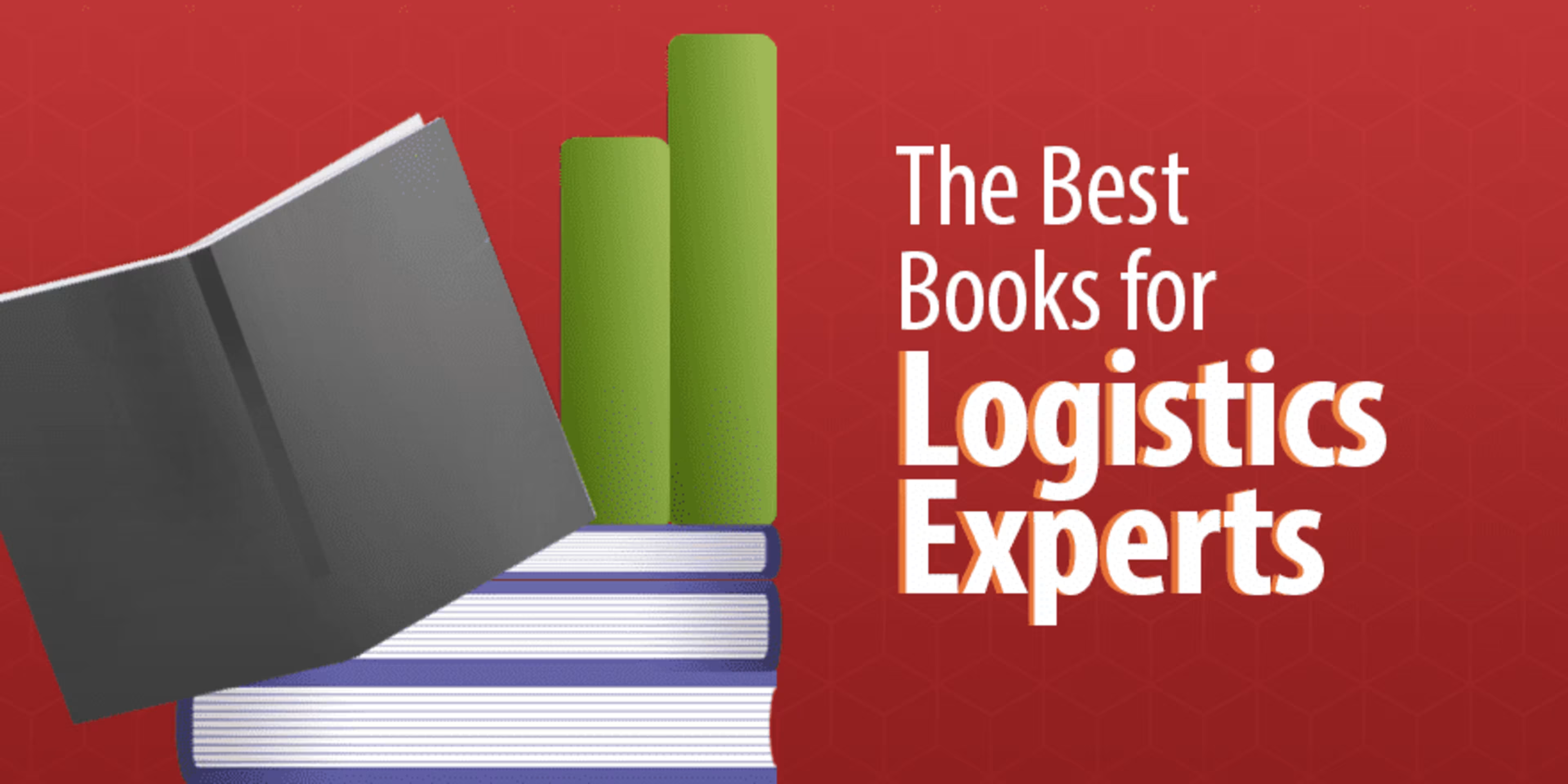
These five books cover everything from supply chain basics to big data management. If you’re in the business of moving the world, you’ll find something worth your while on this list.
Ninety Percent of Everything: Inside Shipping, the Invisible Industry That Puts Clothes on Your Back, Gas in Your Car, and Food on Your Plate by Rose George
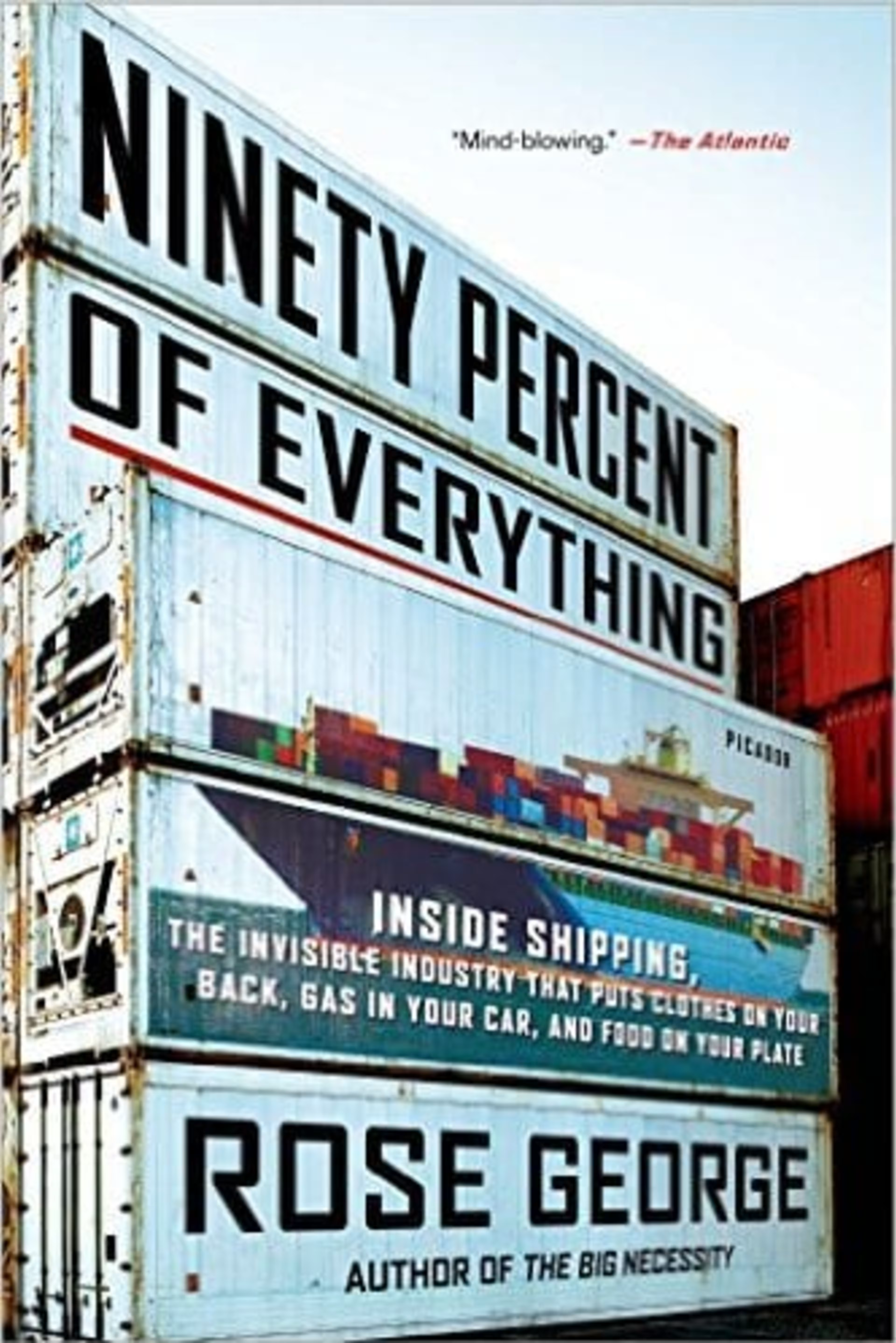
Ninety Percent is a great look at how shipping - in the “on a ship” sense - works. This isn’t a deep dive into the whole industry from snout to tail, this is a look at how shipping makes the world work. If you’re interested in what life on the seas is like and how those massive ships work, this is a great read.
Even in big business, it’s easy to forget that intermodal transportation plays a huge role in our modern lives. Those trains you have to wait for on your way to buy beer are taking food, clothing, and fuel to every part of America.
Before it hits our shelves, much of it comes across the world from Asia, Europe, or Africa. Ninety Percent won’t let you forget the challenges that are entailed in making that trek. From bureaucracy to piracy, weather to labor relations, everything plays a part.
Logistics and Supply Chain Management by Martin Christopher
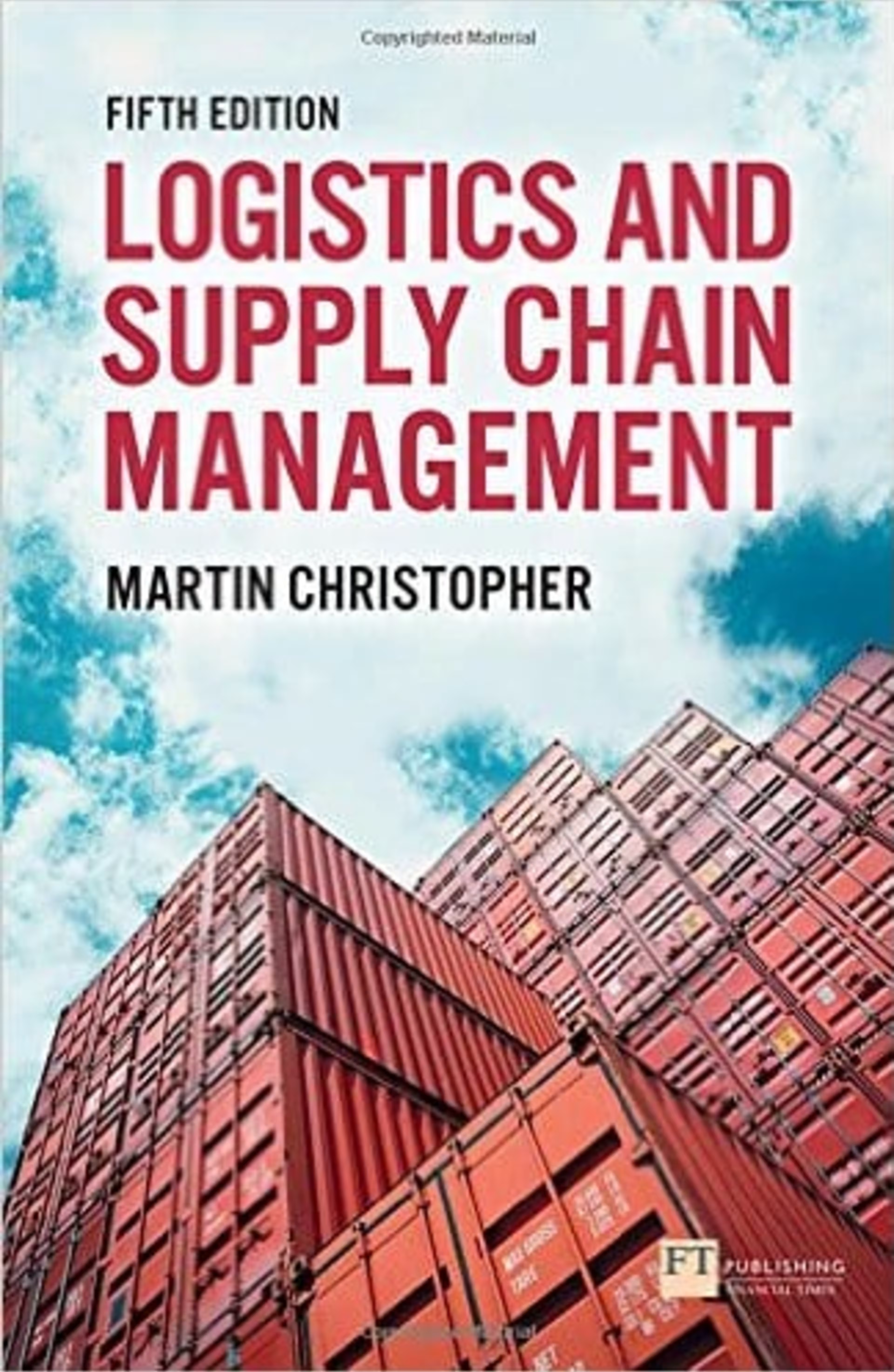
Christopher’s Logistics and Supply Chain Management is a classic in the industry. I’ve got two semi-textbooks listed here - this and Essentials by Hugos - just to make sure no one goes without a solid fundamental skill set.
Christopher’s take on the industry has been one of the standards for years. The fourth edition of Logistics was released back in 2011, and it’s been locked in as a great read ever since. The newer fifth edition - released earlier in 2016 - adds some new material and case studies to the mix. I think some will still prefer the fourth edition, so feel free to grab either one. Both have good introductions to the field.
Essentials of Supply Chain Management by Michael H. Hugos
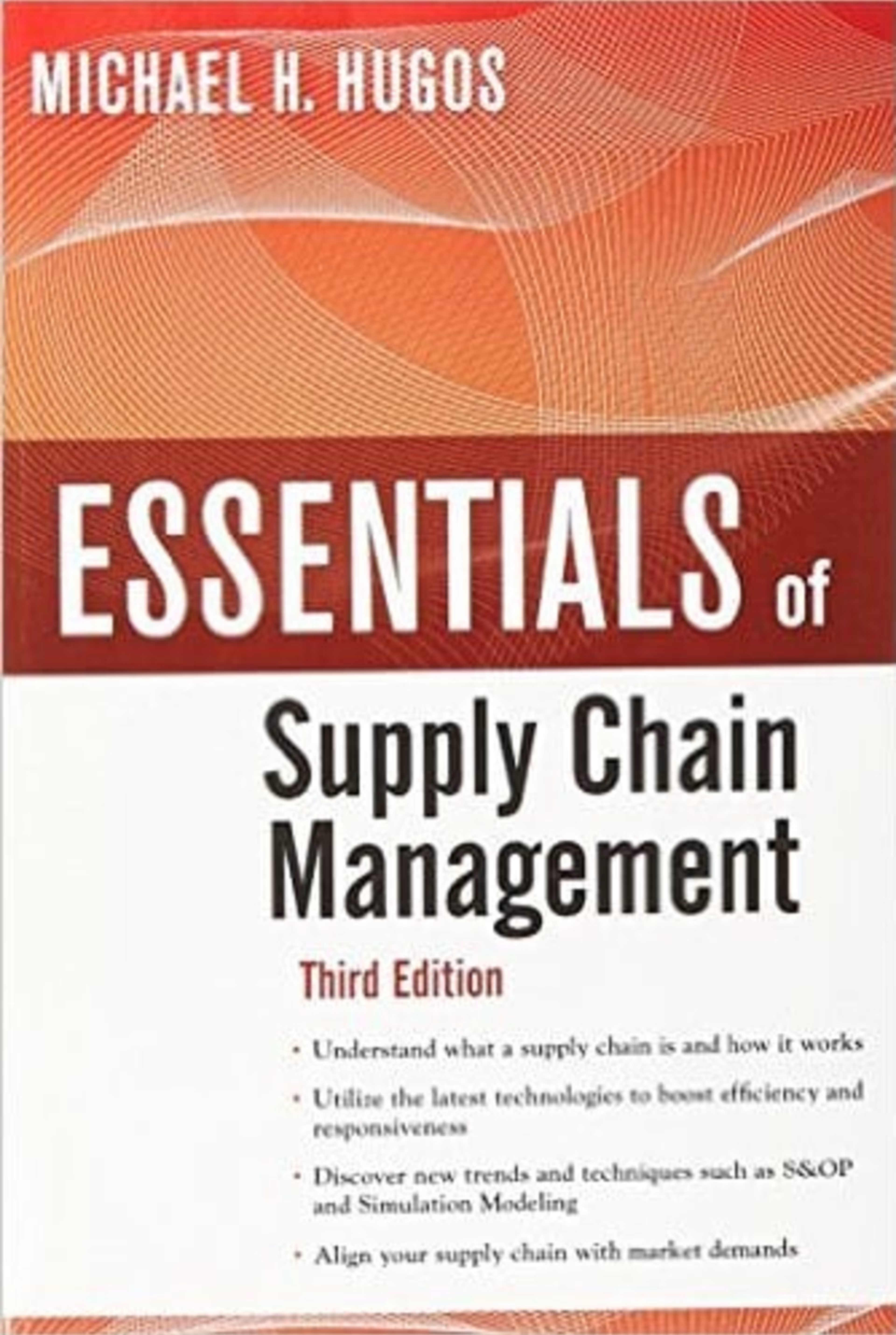
Essentials of Supply Chain Management is another great option for understanding the field. Hugos could go a bit more in depth in some areas, which would be nice for people who are doing the job. He still provides a good overview, though, so don’t worry about missing out.
The main difference between Hugos and Christopher is that Christopher's Logistics goes into a bit more detail. Neither option is vertical specific, though, so if you’re looking for a detailed dive into retail or defense logistics, you should go for a more targeted book.
If I was picking just one of these, I’d make my decision based on time in the industry. One to three years, pick up Essentials. More than three, go with Logistics.
The Toyota Way: 14 Management Principles from the World’s Greatest Manufacturer by Jeffrey Liker
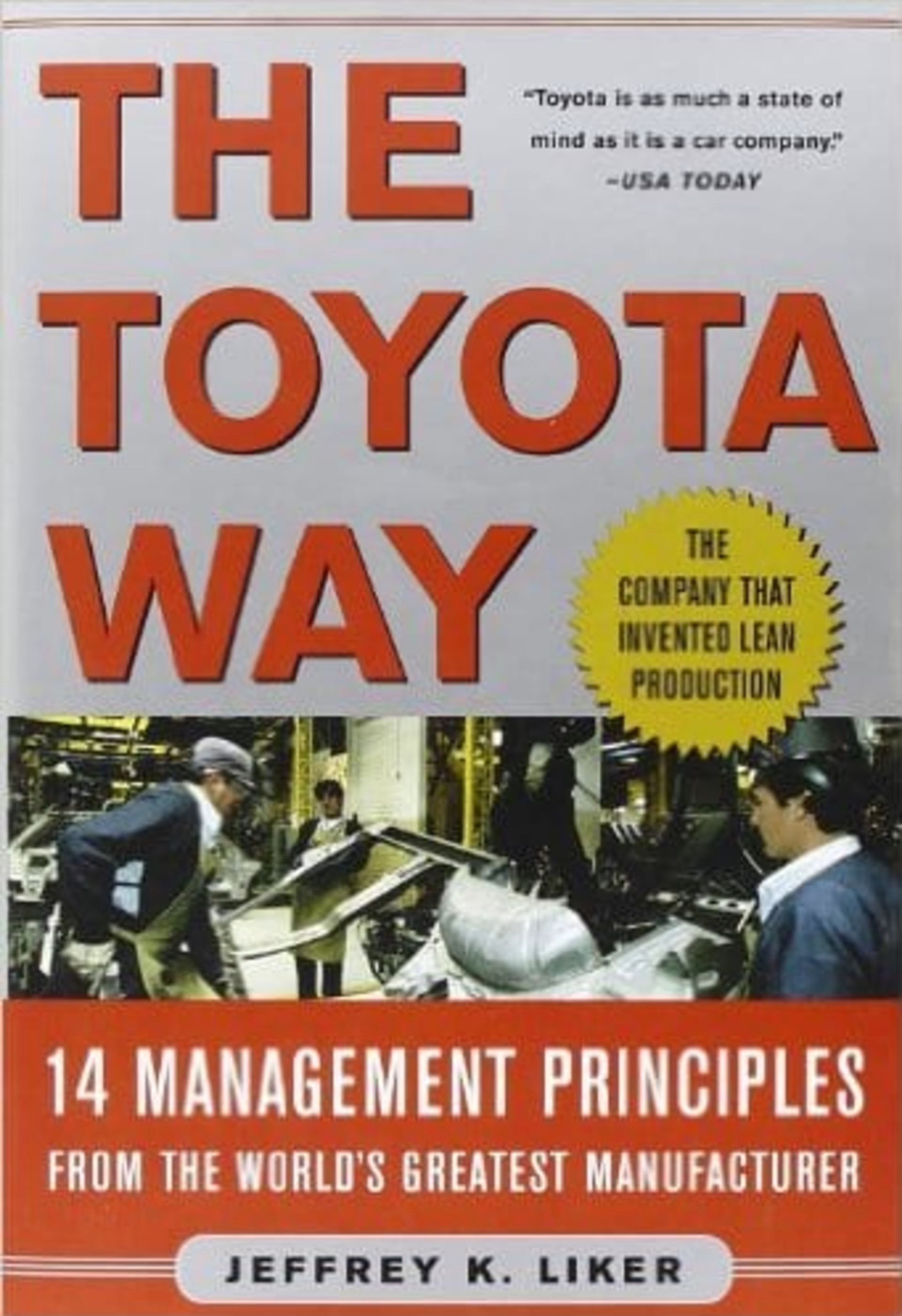
“World’s greatest manufacturer” is a pretty grand proclamation, but Liker does a nice job of making a case. The Toyota Way provides a look inside a business most companies can only hope to shadow. With incredible efficiency and standards, Toyota has managed to revolutionize how it makes it products.
Liker’s view of Toyota will give you details on how management oversees work, how line workers are employed in quality control, and what other companies are missing when they try to replicate the process. If you’ve ever wanted to convince someone that business culture is important to the quality of the final product, this is the case study for you.
It’s also a pretty easy read, with less technical explanation and more focus on the story of Toyota and how it’s accomplished its goals.
Too Big to Ignore: The Business Case for Big Data by Phil Simon
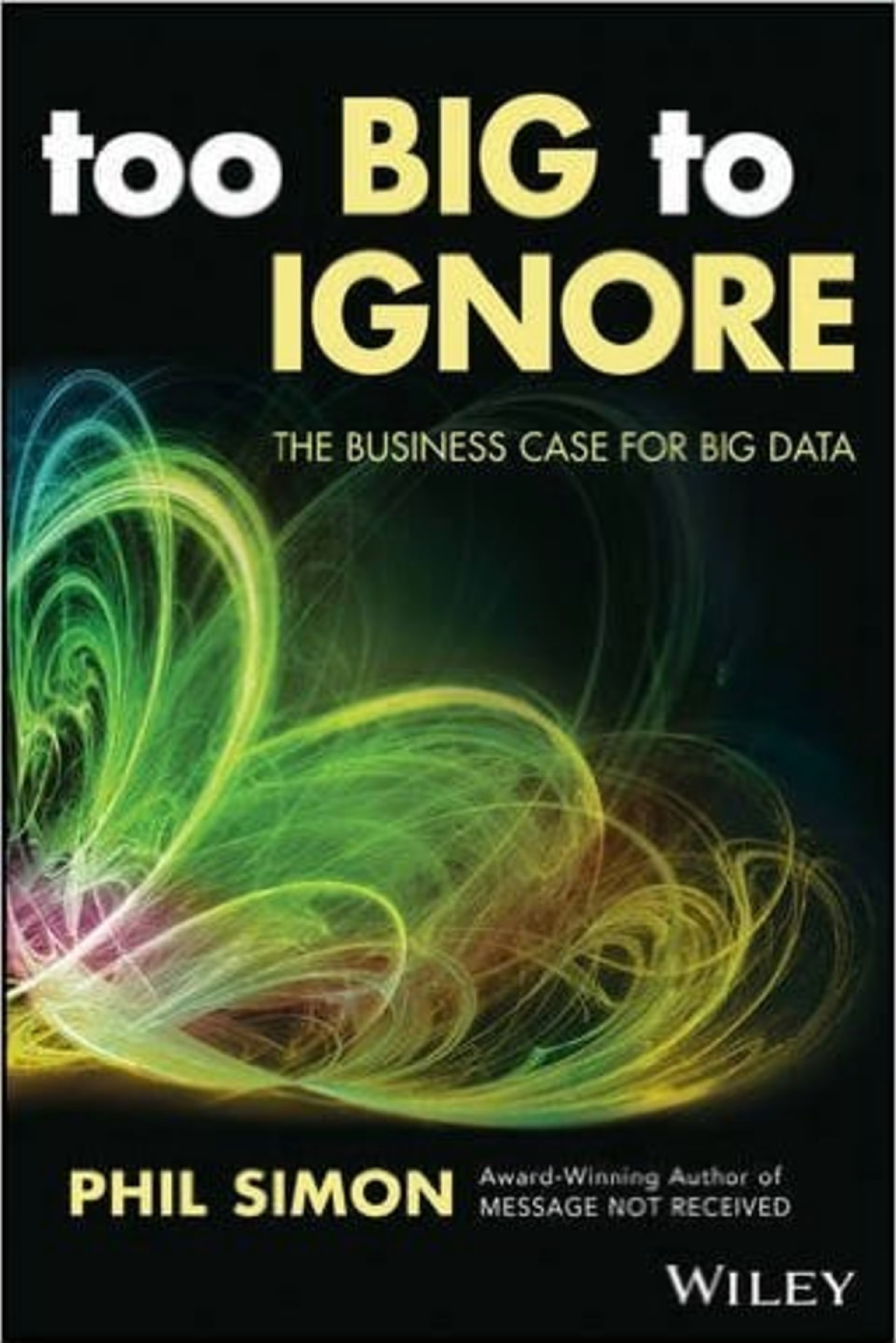
If you work in logistics and aren’t concerned about big data, you’re missing the boat. This is a great introduction to what big data is and how businesses can use it to make better, quicker decisions.
Simon has filled Too Big with lessons from the private and public sectors. You’ll get some specifics on how these organizations did what they set out to accomplish - technical details - but Simon manages to always keep the long term view in mind. It nicely fills the gap between intro and technical manual.
Anyone working in any sort of business can benefit from Simon’s take, but logistics and supply chain managers will be particularly benefited.
Your favorites?
There are hundreds of potential additions to this list, and I’d be happy to expand things. What books do you turn to in times of need or recommend to new hires? If you have any favorites, drop line in the comments below.
Happy Thanksgiving, by the way.